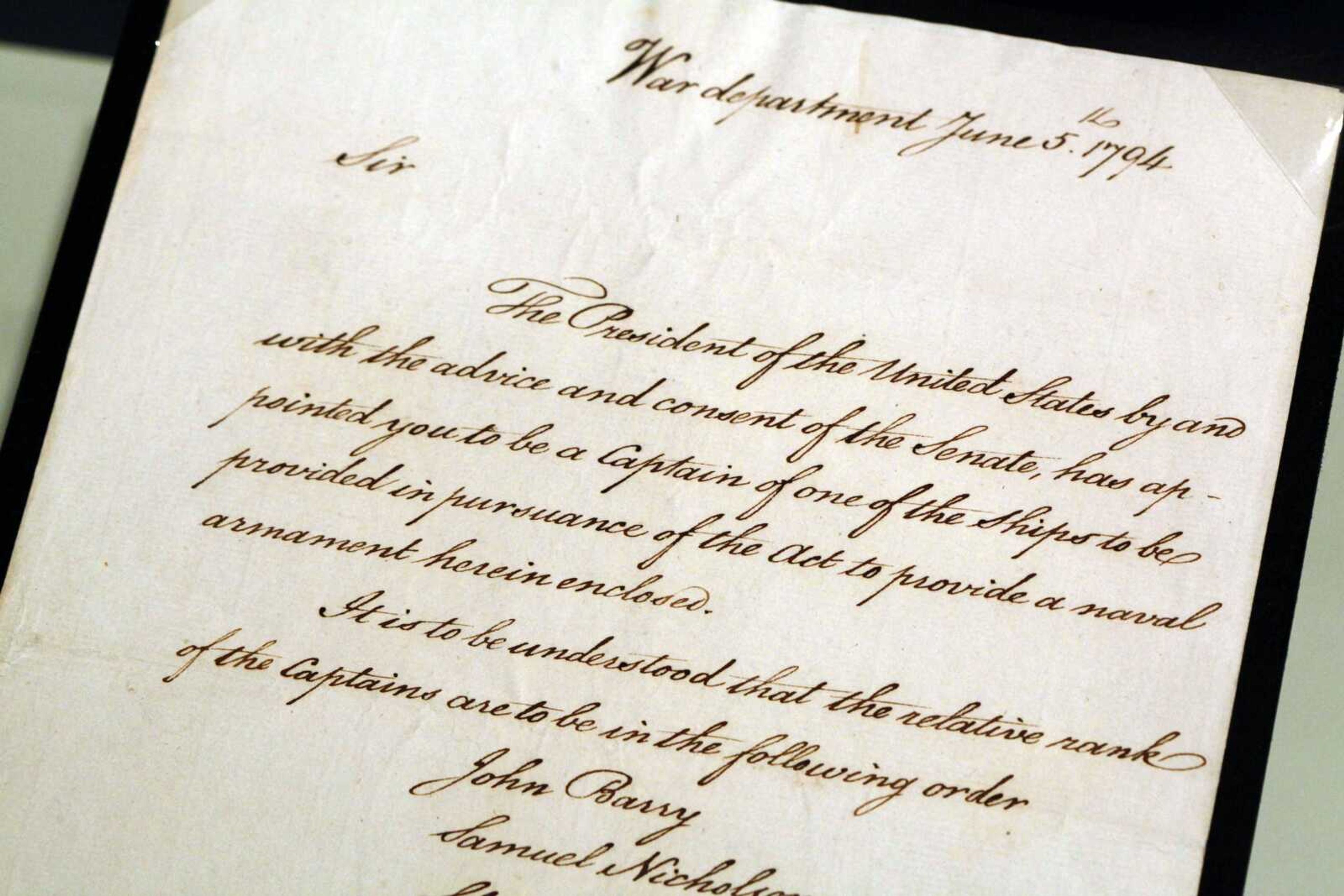NEW YORK -- The way investors have unloaded the U.S. dollar lately, you'd think it was kryptonite.
It has fallen 10 percent against the euro in just three months, and recently hit a 15-year low against the Japanese yen.
The decline has been so dramatic that fear is spreading of a "currency war" akin to the one in the Great Depression, when countries competed to drive their exchange rates lower.
It sounds like a downer: Strong countries are supposed to have strong currencies. But when a country is struggling to grow as the U.S. is now, a weak currency can act like a shot of adrenaline. Here's how.
Exports
A falling dollar is like slapping a "For Sale" sign on U.S. goods and services abroad. Consider the price of an iPhone in Paris before and after the dollar dropped. At exchange rates in July, a $99 iPhone with eight gigabytes of memory would have been worth about 78 euros. Now that price translates to 71 euros.
Cheaper prices bring higher sales, and hopefully more jobs at home for companies selling products overseas. The effect could be huge: Companies in the Standard & Poor's 500 get half their revenue abroad.
"There's a lot at stake," said Aroop Chatterjee, a currency strategist at Barclays Capital. "A lot of countries are dependent on exports, and a lot of the job growth comes from that."
Imports
A falling dollar raises the price of foreign goods sold here. That makes it more likely that Americans will buy cheaper rival products made by U.S. companies.
But unlike exports, the effect on the economy is not all good. First, the boost to U.S. companies is less than you might assume because so many goods made here contain parts made overseas. If those parts cost more, so will the price of U.S. finished goods.
Consumers suffer from higher prices on imports, too. Not every foreign good can be replaced with a U.S. one. Someone who simply can't go without Parma ham or Bordeaux wine or New Zealand lamb chops may have to shell out more if the dollar keeps falling.
Tourism
Foreign tourists in the U.S. generated $120 billion in revenue last year, and if the dollar keeps falling that could rise fast as more foreigners decide to vacation here. A cheap dollar lowers their hotel and restaurant and shopping bills, at least as expressed in their home currency.
The trade-off: It's more expensive for Americans traveling abroad.
The result
So how much longer will this (mostly) good fortune of a weak dollar last?
That depends in part on whether fears that drove the dollar higher this spring return. Investors rushed into the perceived safety of U.S. Treasurys -- in effect buying dollars and pushing their value up. If that "safe haven" trade returns, the dollar will rally.
Another threat to the weak dollar is all the heated talk from countries that want their exporters to enjoy a boost from a weak currency, too. Most experts seem to think tempers will cool soon. But if talk turns to action, the dollar could lose its advantage fast.
Connect with the Southeast Missourian Newsroom:
For corrections to this story or other insights for the editor, click here. To submit a letter to the editor, click here. To learn about the Southeast Missourian’s AI Policy, click here.







